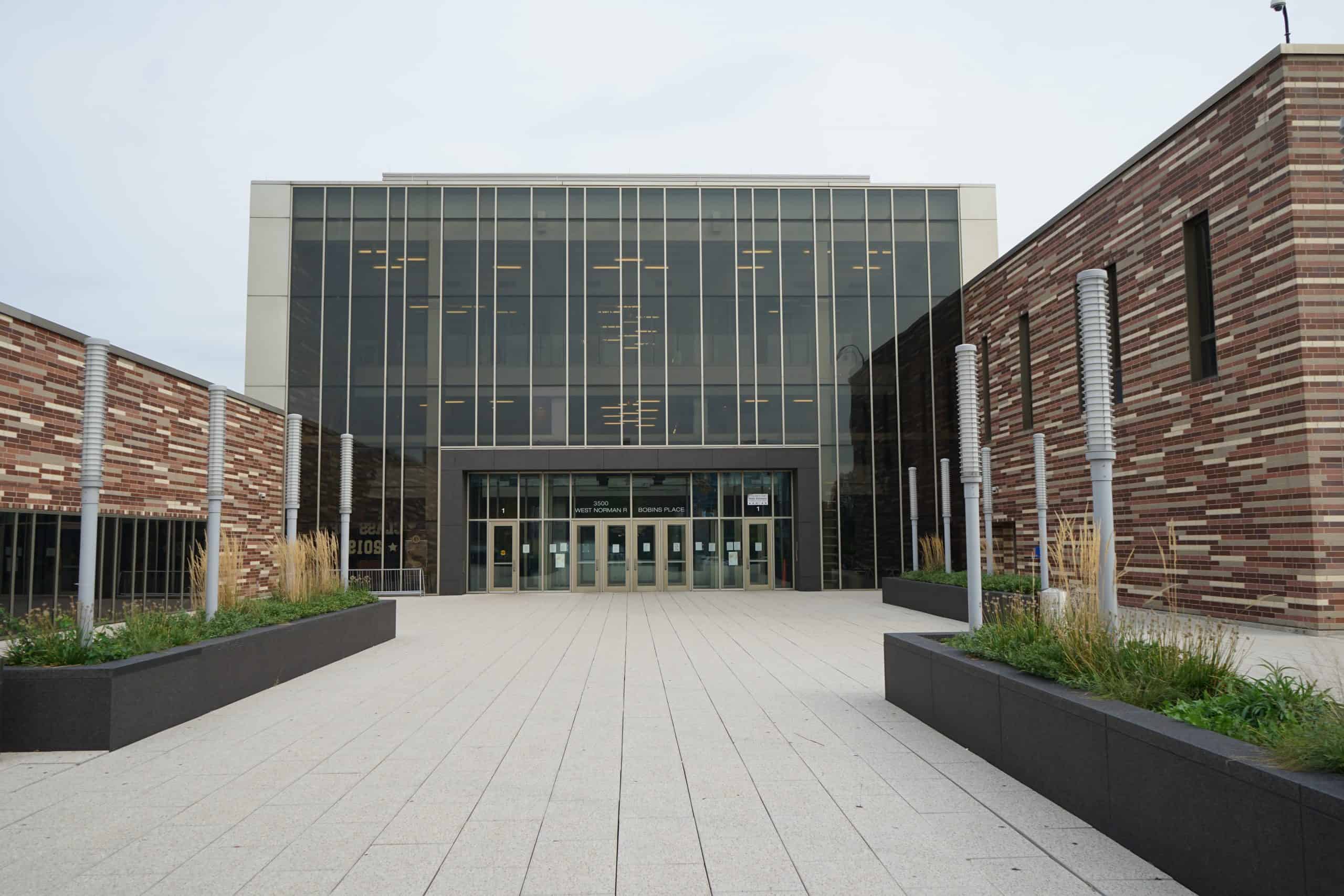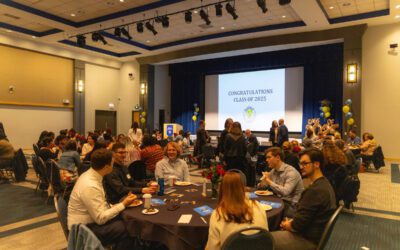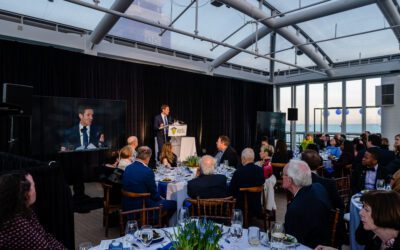As Chicago Public Schools students head back to the classroom this month for their first full-time, in-person learning experience in 17 months, many will be grappling with significant learning and social emotional loss. After schools transitioned to remote learning in March 2020 and only partially reopened in spring 2021, an alarming number of students were absent from their classes and/or earned failing grades. Additionally, the isolation and stresses of stay-at-home protocols created gaps in their social-emotional skills.
This is especially true in low-income communities on the South and West Sides. One analysis showed that the same public high schools with the highest rise in Fs and declines in attendance serve almost entirely low-income students and students of color. These students and their families experienced the traumas of illness and loss, as well as food, housing and economic insecurity at higher rates. The cumulative impact of these obstacles raises concern that students, especially low-income children of color and those with special needs, will face challenges reacclimating to in-person learning.
The key to helping children regain their academic and social-emotional footing lies at the heart of the classroom – teachers. Well-trained, highly effective teachers not only bring academic rigor to classrooms, but also skill and compassion to understand and address the effects the stress, trauma, and loss of the past year-and-a-half will have on learning.
Unfortunately, our nation has been grappling with a teacher shortage for years. The issue is especially severe in Illinois. According to Advance Illinois, the state has lost half of its educator preparation programs since 2012. Fewer programs have translated to fewer graduates and fewer teachers: In 2012, there were 11,000 graduates. In 2017, there were just under 5,000. This 50% decline was the largest in the nation. Teacher shortage is especially high in urban school districts, where educators are leaving the classroom at an alarming rate. The shortage is most acute in special education, followed by elementary education, bilingual education, and science, math and technology (STEM) according to a report on the educator pipeline from Advance Illinois.
CPS is not immune to this crisis. According to the Illinois State Board of Education, CPS had more than 430 unfilled teaching positions as of October 2020, and 62 percent of those were for positions supporting diverse learners. In fact, for the 2021 school year, half of all Chicago Public Schools had at least one vacant special education teacher position each quarter with 100 positions staying open all year.
Chicago needs to grow its teacher pipeline by supporting teacher training programs that have a record of recruiting, training and retaining highly effective teachers, including teachers of color, and those who are able to meet the needs of diverse learners.
One approach to meeting this need is through investment in public-private partnerships that recruit and train excellent educators committed to serving our most at-risk students. For example, the Chicago Teacher Residency (CTR) program, a partnership between the Academy for Urban School Leadership (AUSL), Chicago Public Schools (CPS) and DePaul University, has worked to transform educator preparation and diversify the teacher workforce, particularly for hard-to-staff CPS classrooms. One of the first and most successful programs of its kind, the CTR recruits, trains and retains high-quality teachers and leaders committed to equity and culturally responsive education. Eighty-three percent of graduates from the last four cohorts remain within CPS.
Now, more than ever, our students need highly effective, compassionate educators to help overcome student learning loss, build social-emotional skills and close equity gaps. Without addressing the teacher pipeline, our most vulnerable students will fall further behind.
The most important thing we can give our children in the wake of this pandemic are classrooms full of highly effective educators. Teacher residencies build upon the science of teaching – recognizing that great educators are needed to help students learn and thrive, especially in these challenging times.
Donald Feinstein, Ph.D.
Executive Director
Cardelle B. Spangler
Co-Chair, AUSL
Partner
Winston & Strawn LLP
















